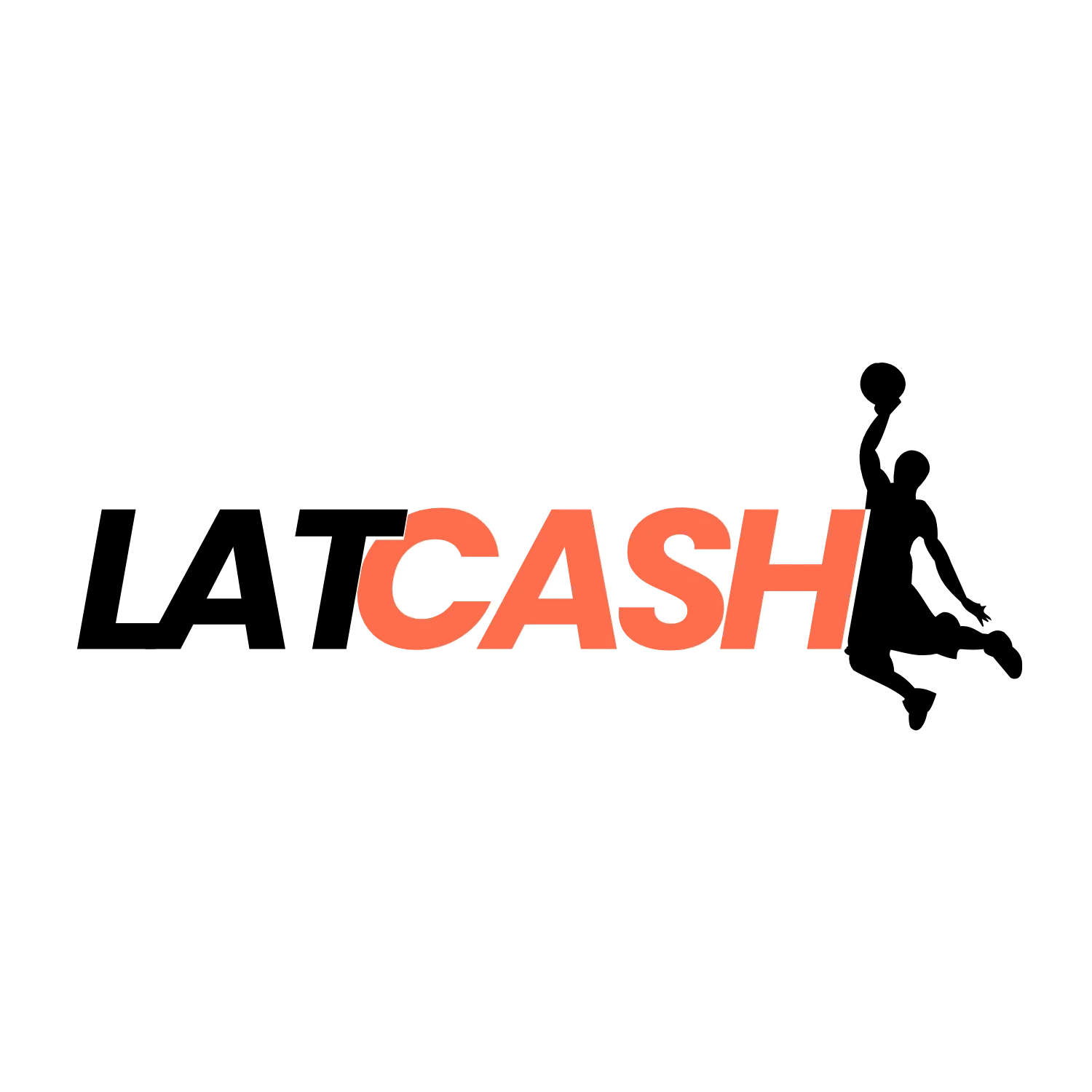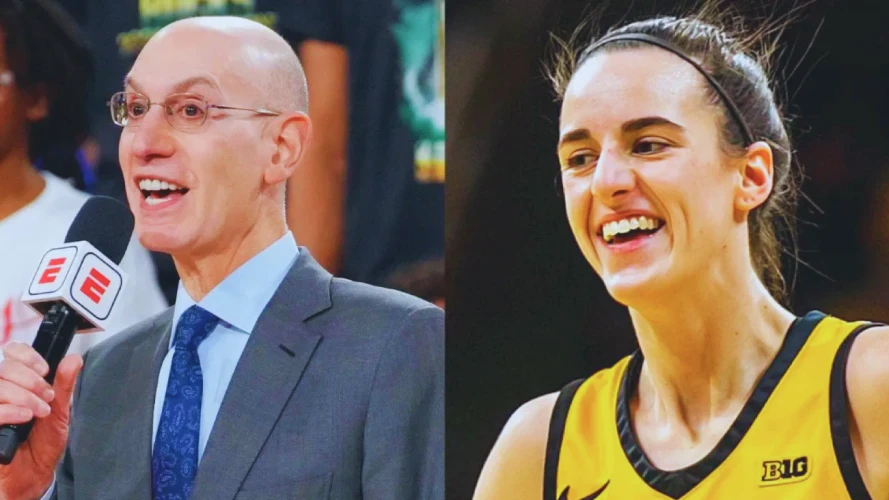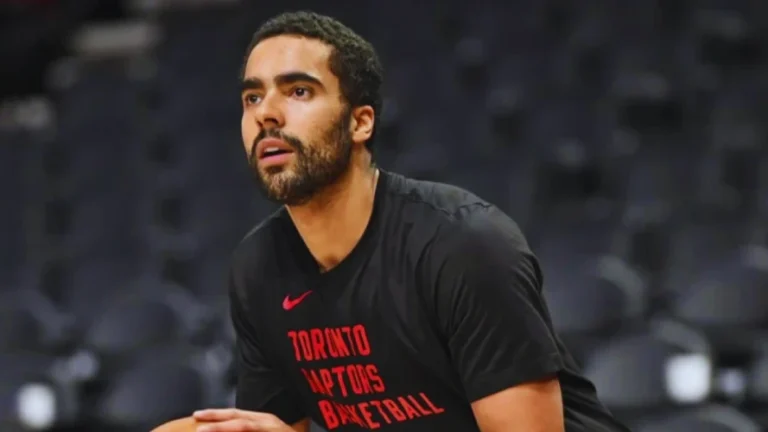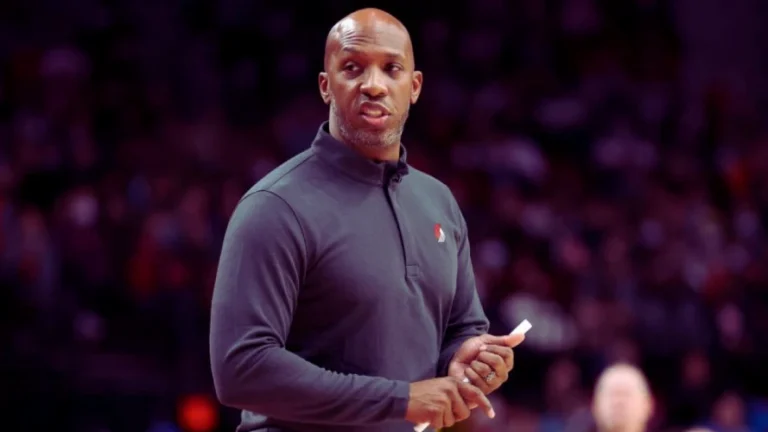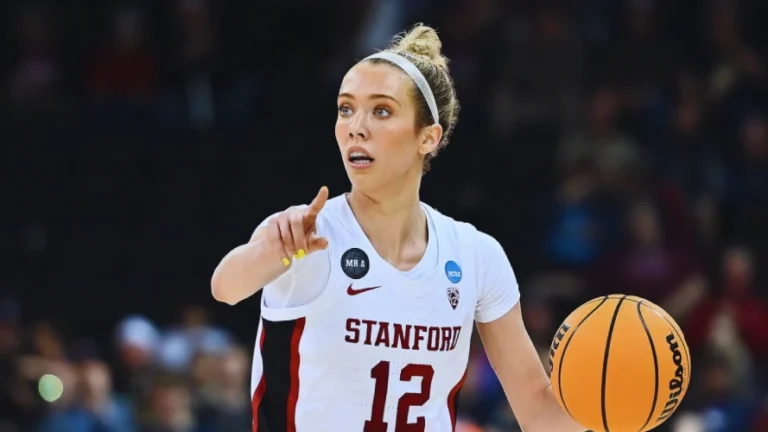Basketball fans are growing restless after NBA Commissioner Adam Silver’s recent comments about the ongoing WNBA collective bargaining negotiations sent shockwaves through the sports world. What began as a discussion about player pay and league growth quickly turned into panic across social media, with many fearing that a delay in the labor talks could keep Caitlin Clark and other stars sidelined until 2027.
When asked about revenue sharing between the NBA and WNBA, Silver said, “I think share isn’t the right way to look at it because there’s so much more revenue in the NBA. I think you should look at absolute numbers in terms of what they are making. They are going to get a big increase in this cycle of collective bargaining, and they deserve it.” His statement was meant to show optimism, but fans and players took it differently.
Almost immediately, the internet erupted with frustration. One user posted, “Bruh no Caitlin Clark hoops until 2027,” capturing the collective fear of a potential work stoppage if negotiations break down. Another fan offered solutions that the league has so far resisted: “Give them Supermax one million, minimum three hundred thousand, increase rosters to fifteen, guarantee charter flights, renegotiate in three years, and move on.”
At the heart of the debate is the issue of fairness. WNBA players currently receive about nine percent of the league’s revenue compared to the fifty percent share NBA players get. One fan summed up the frustration: “Nine percent of ten dollars is less than one. When we’re talking about thousands of dollars, that’s a huge difference. Pay them like the men. Fifty percent of what they bring in.”
Others took aim directly at Silver, accusing him of downplaying the struggle for equality. “This is such a patronizing answer,” one fan wrote. “It sounds like he’s saying, be happy with the scraps we give you. The point of a revenue share is fairness, not comparison.” Some fans went further, criticizing the league for failing to market the WNBA as aggressively as it promotes the NBA. “They keep saying the revenue is smaller,” another user added, “but it could be bigger if they actually tried to promote it.”
The WNBA Players Association has also weighed in, calling for meaningful progress in the new collective bargaining agreement. A league representative described the talks as a careful balancing act. “We are trying to determine where the right balance is,” she said. “We all agree that we want to return as much money as possible to the players, but we also want owners to have a viable business. Expansion is part of that plan.”
That expansion could take the league from twelve to eighteen teams by the end of the decade, which would bring more opportunities for players but also greater financial pressure on the organization. The WNBA insists that the goal is to build something sustainable while rewarding the athletes who are driving record viewership and engagement.
The players’ demands include higher salaries, guaranteed charter flights, expanded rosters, and a fairer share of revenue. For many fans, these requests are not luxuries but necessities. The new generation of WNBA talent, led by names like Caitlin Clark and Angel Reese, has brought unprecedented attention to the league. The momentum is real, but fans fear that unresolved negotiations could stall it.
Silver’s comment that players will receive a “big increase” has done little to calm the frustration. Many see it as vague reassurance rather than commitment. The online phrase “No Caitlin Clark hoops until 2027” has since become a symbol of both panic and protest. It reflects the growing demand for change from fans who want to see the sport flourish rather than falter in disputes over pay and policy.
Despite the noise, there is no official sign that the 2026 season is in jeopardy. League officials maintain that discussions are moving forward and that both sides are committed to progress. Yet the conversation has revealed a deep divide between how the league views success and how fans measure fairness.
For now, Caitlin Clark remains the face of a movement larger than basketball. Her popularity has proven that women’s sports can capture mainstream attention and revenue when given proper support. The question that remains is whether the league will match her impact with the respect and resources it deserves.
If the WNBA and its players can reach a fair agreement, it will mark a new era for women’s basketball. One where stars like Caitlin Clark do not just play they thrive. But if negotiations stall, the league risks losing not only time but trust. Fans are watching closely, waiting for the moment the balance between business and belief finally tips in favor of the players.
